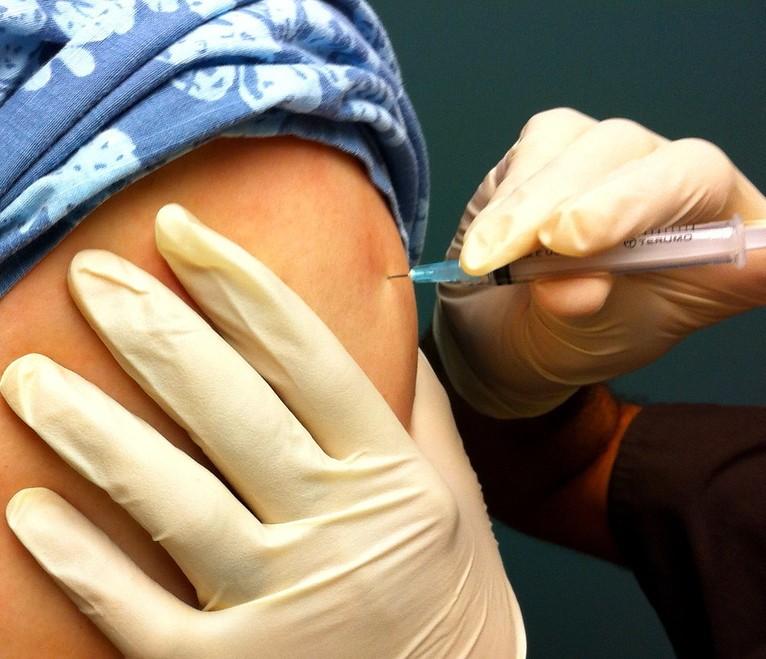Prescribers in low- and middle-income countries (LMICs) hold positive attitudes toward antimicrobial stewardship but have suboptimal knowledge, and stewardship programs in those settings face a range of barriers, according to a scoping review published yesterday in Antimicrobial Resistance & Infection Control.
To map and summarize published data on antimicrobial stewardship programs (ASPs) deployed in hospitals in LMICs, researchers in Bangladesh reviewed 182 relevant articles that looked at ASP perceptions, facilitators to ASP development, barriers to ASP implementation, and impacts of ASP interventions. The 84 studies that met the inclusion criteria represented 34 LMICs, with India, China, and Pakistan the most represented countries.
Lack of human resources, lab support, and leadership
The review found that while most prescribers (physicians and pharmacists) in LMICs showed positive attitudes towards ASPs and viewed them as beneficial for both patients and prescribers, many had a suboptimal knowledge of stewardship and its basic principles. Furthermore, many barriers to ASP implementation were identified, with human-resources shortage, lack of microbiology laboratory support, absence of leadership, and limited government support the most frequently reported issues. Facilitators for ASP development included the availability of antibiotic guidelines, ASP protocols, dedicated multidisciplinary ASP committees, and prompt laboratory support.
Most studies (79%) documented a decrease in antibiotic consumption and an improvement in rational antibiotic use after ASP implementation, while 42% reported decreases in the prevalence of multidrug-resistant strains. Fifteen studies reported decreases in hospital procurement costs, savings in antibiotic costs, and declines in hospitalization costs.
"The published data underscores the imperative need for widespread antimicrobial stewardship in LMIC hospital settings," the study authors concluded. "Substantial ASP success can be achieved through increasing human resources, context-specific interventions, the development of accessible antibiotic usage guidelines, and heightened awareness via training and education."



















